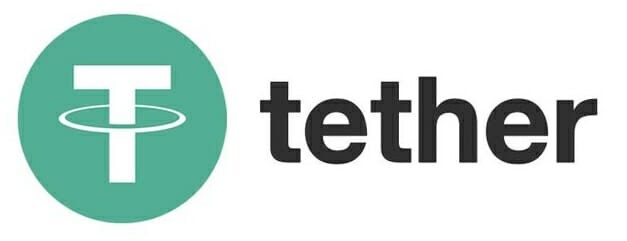
Virtual asset exchange Bithumb has recently been making aggressive moves, such as scaling down and eliminating businesses with poor performance in recent months, and listing tethers, which are interpreted as preparations for an initial public offering (IPO) aimed at next year.
Bithumb has eliminated three subsidiaries this year alone. Bithumb Systems and Bithumb Live, which have been struggling with consecutive losses since their launch last year, closed in June and October, respectively, and Bithumb Meta recently suspended operations and implemented a voluntary retirement program. Bithumb Meta and Bithumb Systems, which were established by Bithumb in 2021 to diversify their revenue streams, were both launched in February and April of last year, respectively, but both closed in less than a year.
Rotonda, the only subsidiary that survived the restructuring, is also expected to undergo restructuring. Rotonda is the operator of the virtual asset wallet service “Bithumb Burrito Wallet” and has not yet established a clear revenue model. Bithumb has also streamlined its own services supported on the platform. First, it disbanded the Bithumb Economic Research Institute, a market analysis and research institute, and suspended the operation of Club B, a service exclusively for high-value customers.

Bithumb is expected to significantly scale down and eliminate services and businesses with low profitability compared to operating costs and focus on its core business of trading virtual assets. A prime example is the recent announcement of a complete free virtual asset trading fee and the listing of Tether (USDT), a stablecoin that is pegged to the US dollar at a one-to-one value, on the Korean won market on the 7th of this month, following Coinone. The listing of Tether on Bithumb is expected to make it easier for domestic investors to use overseas exchanges that allow them to move funds, and it is expected to have a positive effect on market share growth along with the free trading fee policy.
Industry insiders interpret Bithumb’s aggressive moves as a move to prepare for IPO. It is believed that Bithumb is trying to increase its corporate value by eliminating subsidiaries that are not profitable and providing various services to attract customers ahead of an IPO. Meanwhile, there are also rumors of Bithumb being sold. Although the likelihood of an actual IPO is low due to the complex governance structure and owner risk, the interpretation is that the reason for increasing corporate value through various methods is in fact preparation for selling at a high price.
In fact, there are rumors that Wemade, a South Korean game company that operates its own blockchain mainnet Wemix 3.0, is interested in acquiring Bithumb, but both Bithumb and Wemade deny these rumors. It remains to be seen where Bithumb’s opaque moves will lead.





![[November]Uptober No More](https://coinhubkorea.com/wp-content/uploads/2025/10/Whisk_d78880efb01a730907f4be201effefe1dr-1-100x70.jpeg)
